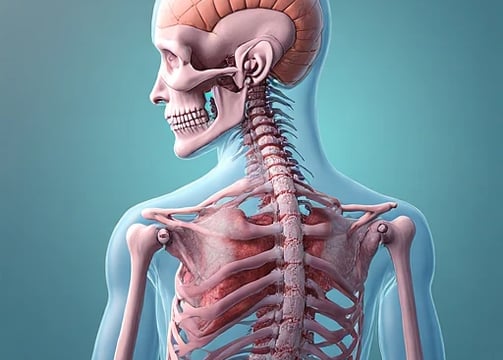Oncology Integration
Hybrid design for clinical data integration and expert validation.


Data Curation
De-identified data from over 500 oncology cases curated.


Model Training
Fine-tuning GPT-4 on oncology-specific guidelines and literature.




Tool Development
Web-based API assistant for clinical decision support.
Expert Validation
Incorporating expert feedback for improved decision-making accuracy.

This study will adopt a hybrid design of clinical data integration, fine-tuned LLM modeling, and expert-in-the-loop validation.
Data Collection: De-identified data from over 500 interventional oncology cases will be curated, including structured EMR entries, radiology images (linked via captioning), pathology notes, and treatment outcomes.
Model Training: GPT-4 will be fine-tuned on oncology-specific corpora, including NCCN/ESMO guidelines, procedure manuals, and academic literature.
Tool Development: A web-based API-driven assistant will be developed. Clinicians can input patient summaries and receive decision suggestions, draft procedure reports, or translate technical plans into layman's language.
Evaluation: Interventional radiologists and oncologists will review outputs for accuracy, clinical utility, and interpretability.